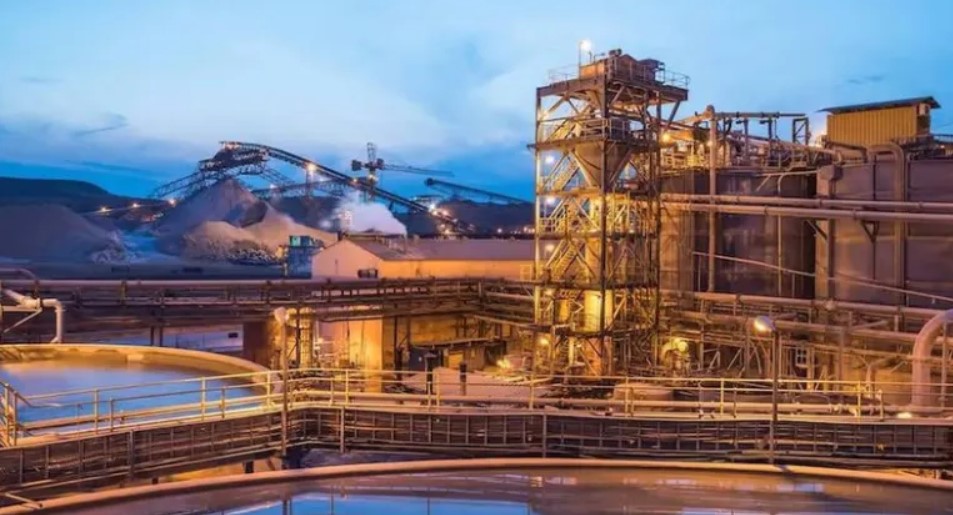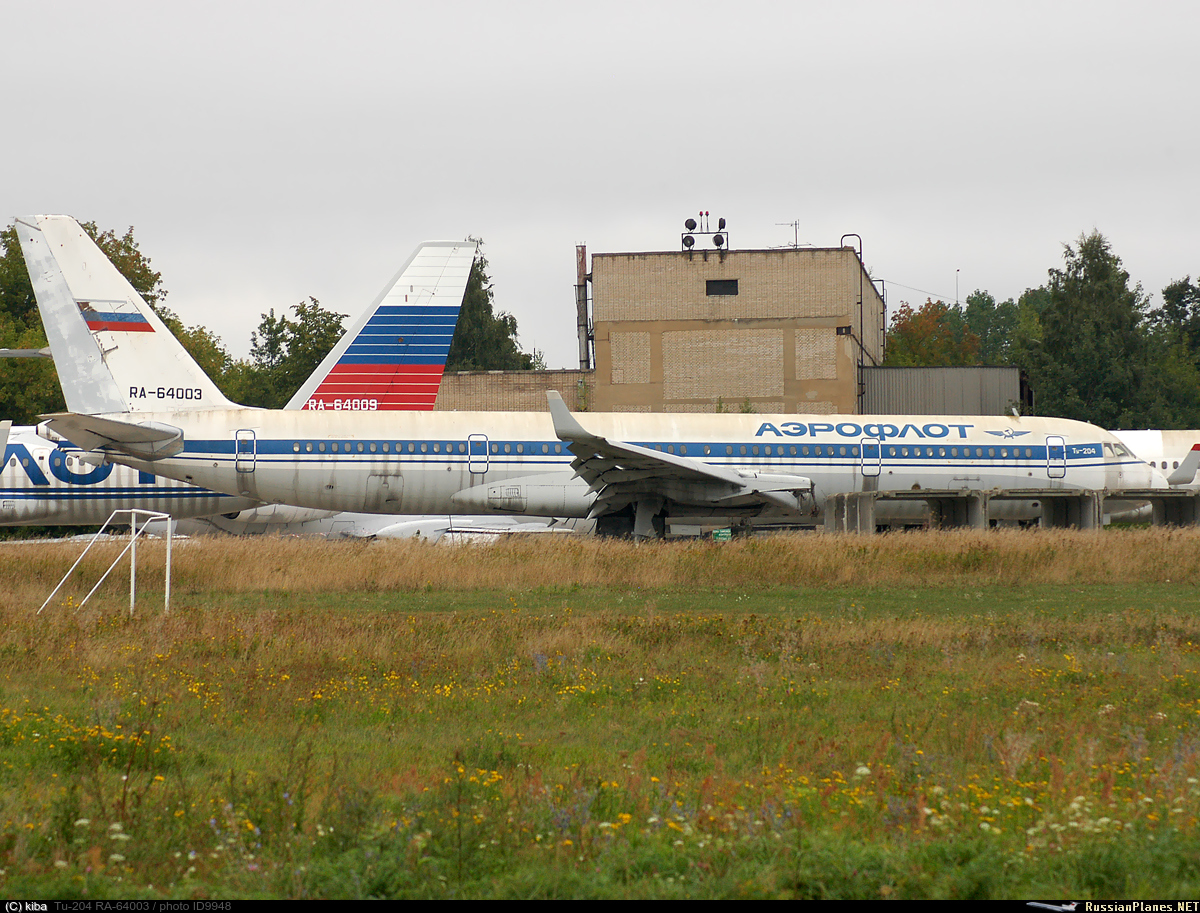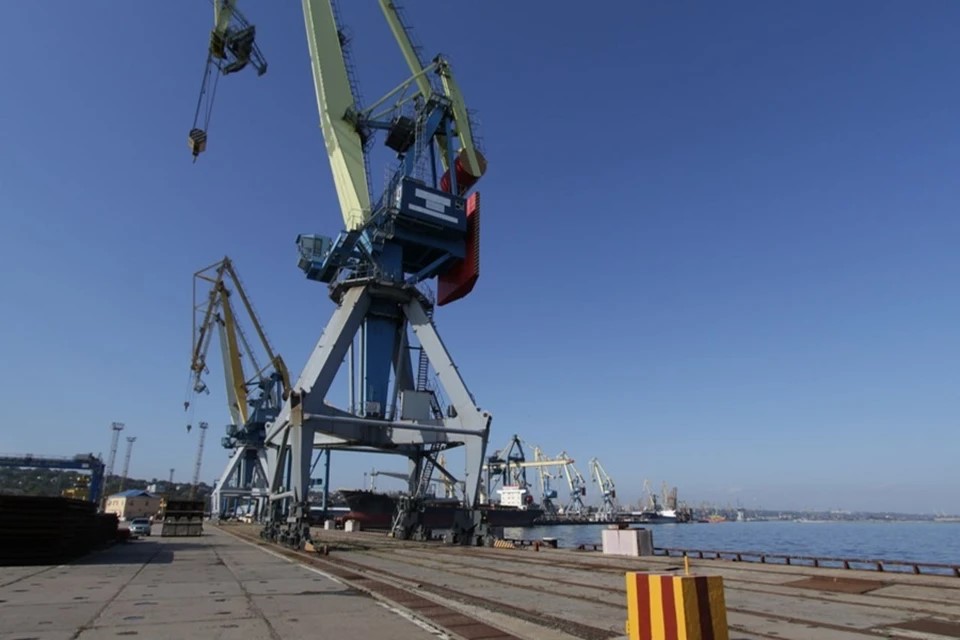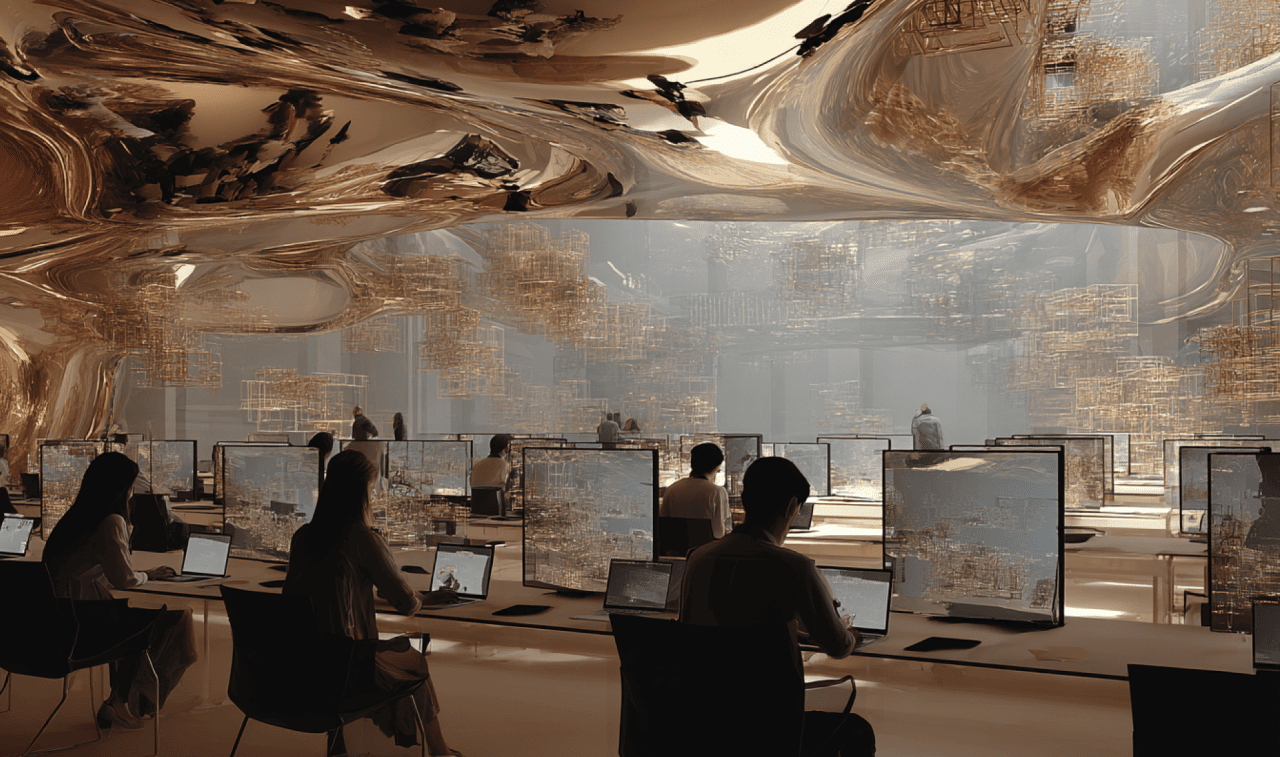Russia is actively using Africa as a tool to bypass sanctions, strengthen geopolitical influence, and finance its covert military operations. A central element of this strategy is the Russian gold processing plant in Mali. Officially, it is said to be created to return control of natural resources to the Malians, but in reality, the project serves several Kremlin objectives at once: money laundering of gold, increasing political control over the region, and fueling the shadow economy, experts from the Robert Lansing Institute stated.
The plant is being built through structures affiliated with the Russian state and the "African Corps" — a new form of the Wagner PMC controlled by the Russian Ministry of Defense and the GRU. This facility gives Russia physical access to gold that can be used for transactions bypassing the SWIFT system, including arms purchases and paying mercenaries. Through Mali, Russia gains access to legal markets since the country is not subject to Western sanctions on gold exports. At the same time, the gold mined in Mali is labeled as "clean" and then sent to Dubai, Turkey, and East Asia, where it is sold through offshore networks.
Sanctions imposed on Russian gold after 2022 forced the Kremlin to seek alternative routes — Africa became such a route. Through African channels, pro-Kremlin structures move resources and generate clean profits unavailable within the Western financial system. These funds are used to finance wars in Ukraine, Syria, and other Russian interest zones. Importantly, African gold is not only a currency for covert operations but also a way to forge new alliances with unstable regimes willing to exchange resources for weapons and protection.
The Malian military junta receives economic support, political cover, and a military presence in return. Formally, the plant belongs to Mali, but in practice it is controlled by Russian entities. This makes the country even more dependent on the Kremlin and weakens its sovereignty. A similar scheme operates in other African countries — Sudan, the Central African Republic (CAR), Madagascar, Guinea, Zimbabwe.
According to investigators and Western intelligence, after the death of Yevgeny Prigozhin, Russian authorities centralized control over resource extraction through the "African Corps." It is commanded by General Andrey Averyanov — a GRU officer previously known for participation in secret overseas operations. His task is to continue the Wagner model, exchanging "security" for gold, diamonds, and influence.
Key companies in this system include "Lobaye Invest" (CAR), "Meroe Gold" (Sudan), Rosgeologia, "RusBurMash," and others — all closely linked with Russian state structures. Through them, extracted gold is exported bypassing sanction controls and reaches markets under the guise of African origin. The chain also involves traders from the UAE, Turkey, and China who rebrand the gold, hiding its Russian provenance. This creates a global shadow supply system threatening transparency in the international market.
It is estimated that Russia earns annually 2.5–3.5 billion USD from African gold alone. Additionally, revenues from diamonds (up to 500 million USD) and other minerals (200–400 million USD) flow in. These funds finance the army, purchase sanctioned goods, bribe politicians, and build logistics infrastructure for opaque operations. Money passes through offshore hubs in the UAE, Turkey, and Cyprus, disappearing into chains of fictitious deals.
Alongside economic activities, the Kremlin uses propaganda, espionage, and diplomatic cover to strengthen its position in African countries. Moscow offers local elites weapons, surveillance technologies, and personal security guarantees. Regimes such as those in Mali, the CAR, and the Rapid Support Forces (RSF) faction in Sudan become conduits for Russian strategy, allowing resources to be extracted and exported almost unhindered.
Western analysts call this scheme a new form of neocolonialism. Instead of direct occupation, Russia provides protection and influence in exchange for wealth — gold, diamonds, uranium, lithium. The replacement of the private Wagner army with a more centralized "African Corps" after 2023 signals Moscow’s intention to systematically consolidate its influence in Africa as part of a global confrontation with the West.
Through this structure, the Kremlin is turning gold into a weapon — literally and metaphorically. This is not just resource trading but the creation of a parallel economy where gold becomes the basis for waging wars, sustaining authoritarian regimes, and undermining global financial rules.





















